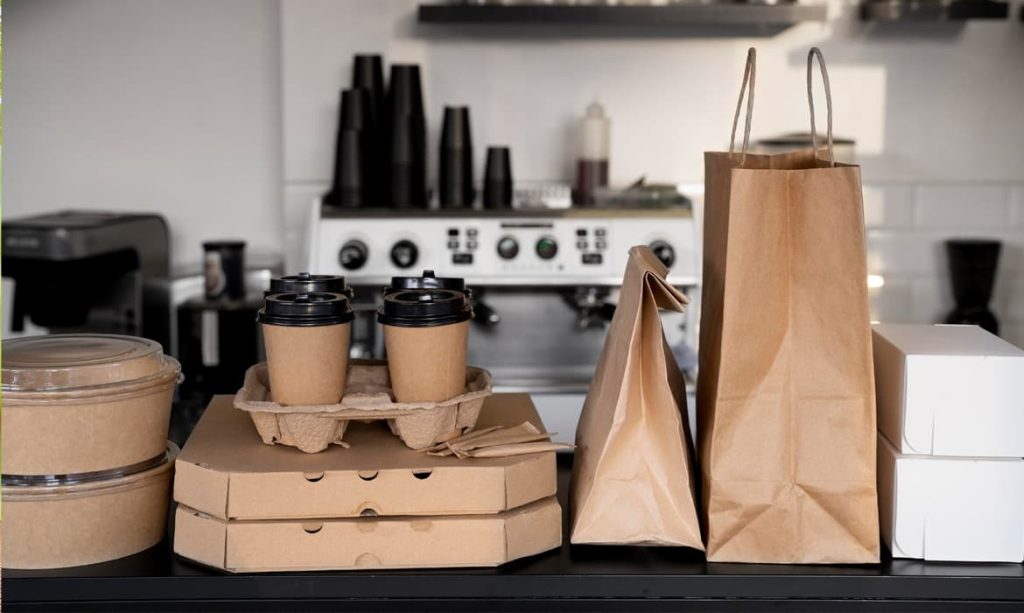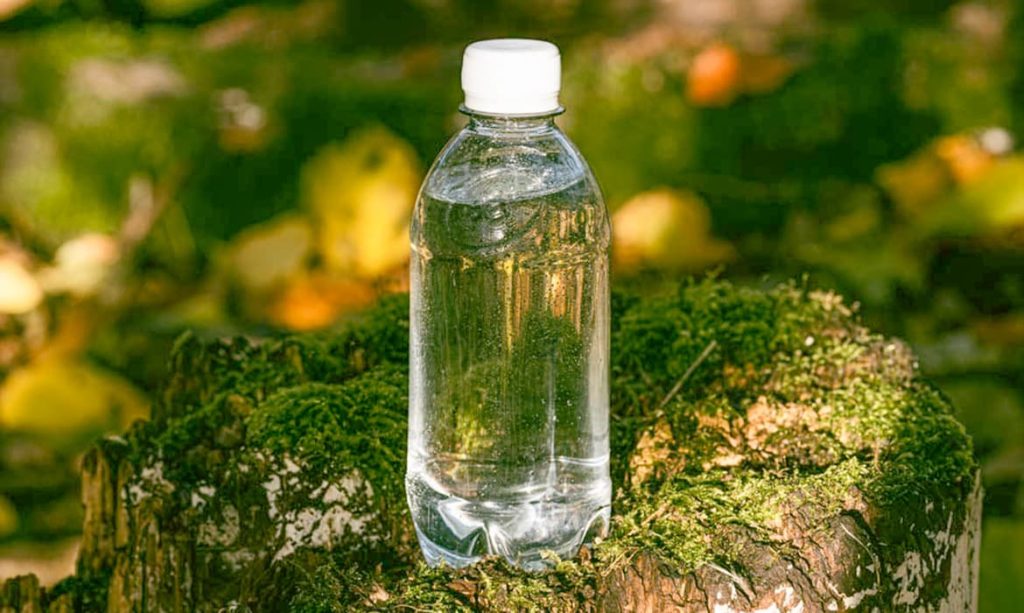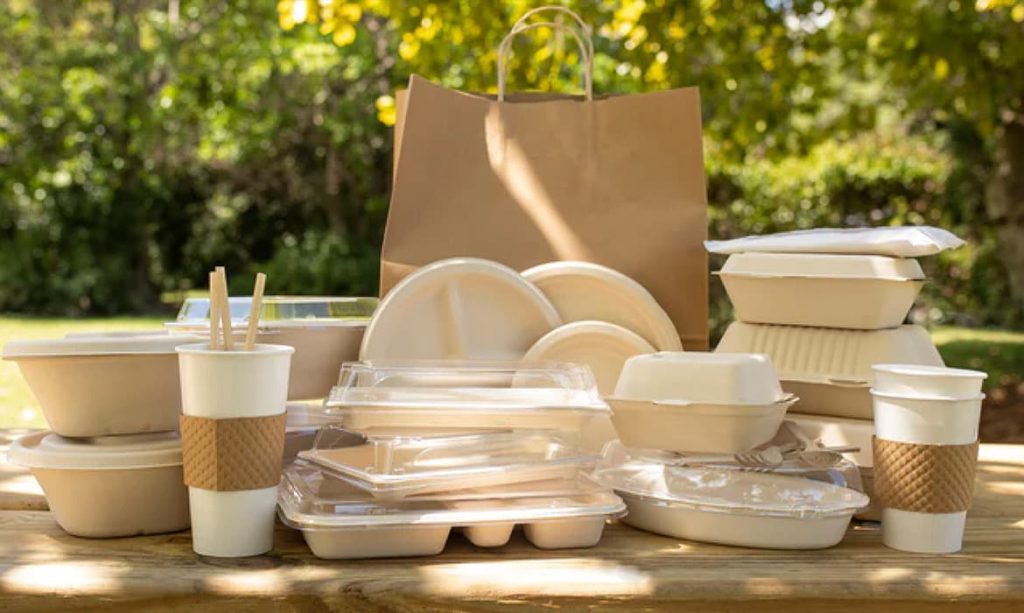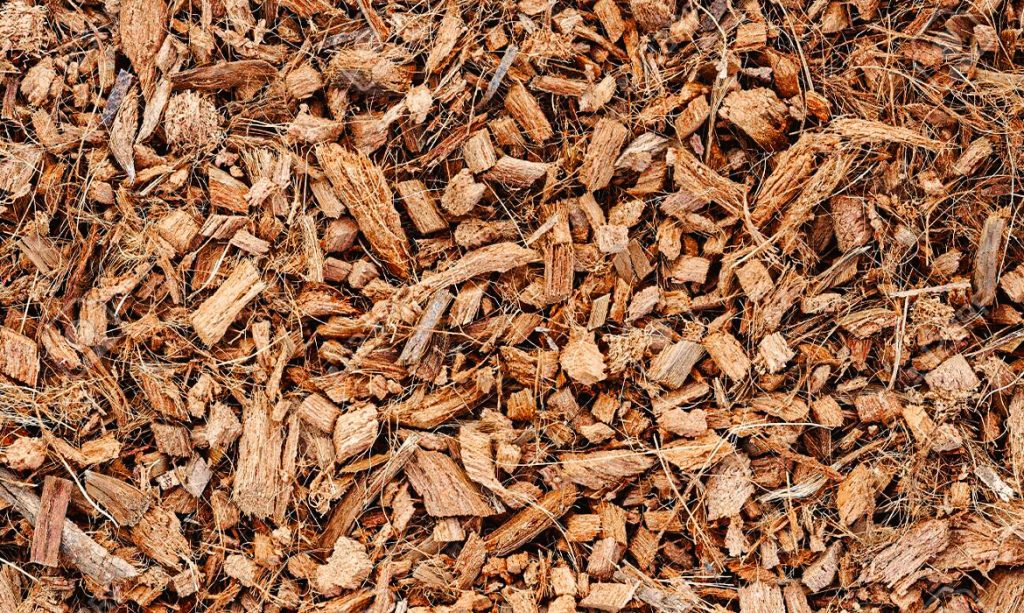As the world is moving towards sustainability with carbon neutral goals, the importance of green packaging cannot be overstated. With the increasing concern over environmental issues, businesses are under pressure to adopt sustainable practices. According to a report by McKinsey, 73% of consumers say they would change their consumption habits to reduce their environmental impact, highlighting the growing demand for eco-friendly products and packaging.
Green or eco-friendly packaging is important for several reasons. It helps reduce waste and minimise the environmental impact of packaging materials. Traditional packaging, such as plastic and styrofoam, is a major contributor to landfill waste and pollution. Green packaging, made from renewable or recycled materials, is biodegradable and can be easily recycled, reducing the burden on the environment.
Also, green packaging can help businesses attract eco-conscious consumers. According to Nielsen, 66% of consumers are willing to pay more for sustainable brands. By using green packaging, businesses can differentiate themselves in the market and appeal to this growing segment of consumers.
There are several eco-friendly packaging solutions available to businesses. One option is to use biodegradable materials, such as compostable plastics or paper-based materials. Another option is to use recycled materials, such as recycled cardboard or paper. Additionally, businesses can reduce packaging waste by using minimalist packaging designs or opting for reusable packaging options.
Biodegradable Packaging Peanuts: Instead of using traditional styrofoam peanuts for cushioning and protection, businesses can opt for biodegradable packaging peanuts made from materials like cornstarch or wheat. These peanuts are fully compostable and break down harmlessly in the environment, reducing waste and pollution.

Reusable Packaging: Another eco-friendly option is to use packaging that can be easily reused. For example, businesses can use glass jars or metal tins for packaging food products, which can be reused by customers for storage or other purposes. This reduces the need for single-use packaging and helps to minimise waste.

Plant-based Plastics: Instead of using traditional plastics derived from fossil fuels, businesses can choose plant-based plastics made from renewable sources like corn or sugarcane. These bioplastics have a lower carbon footprint and can be recycled alongside traditional plastics, offering a more sustainable alternative.

Coconut Husk Chips: Coconut husk chips can be used as a sustainable alternative to plastic packing peanuts. They provide excellent cushioning and protection for fragile items during shipping, and can be composted or used as a soil amendment after use.

Green packaging is an important and first step solution for businesses looking to reduce their environmental impact and appeal to eco-conscious consumers. By adopting sustainable packaging practices, businesses can demonstrate their commitment to sustainability and contribute to a greener future.



